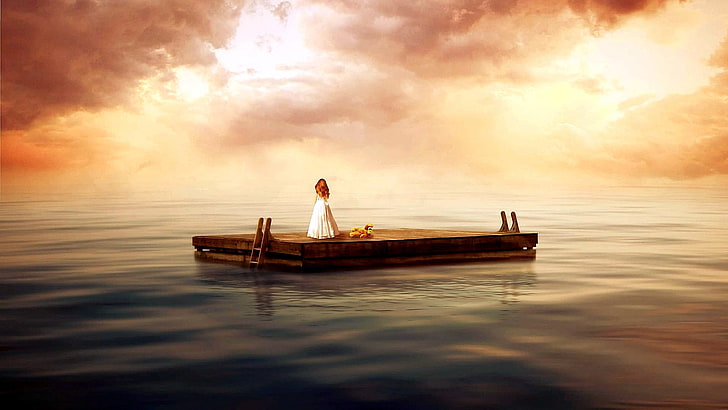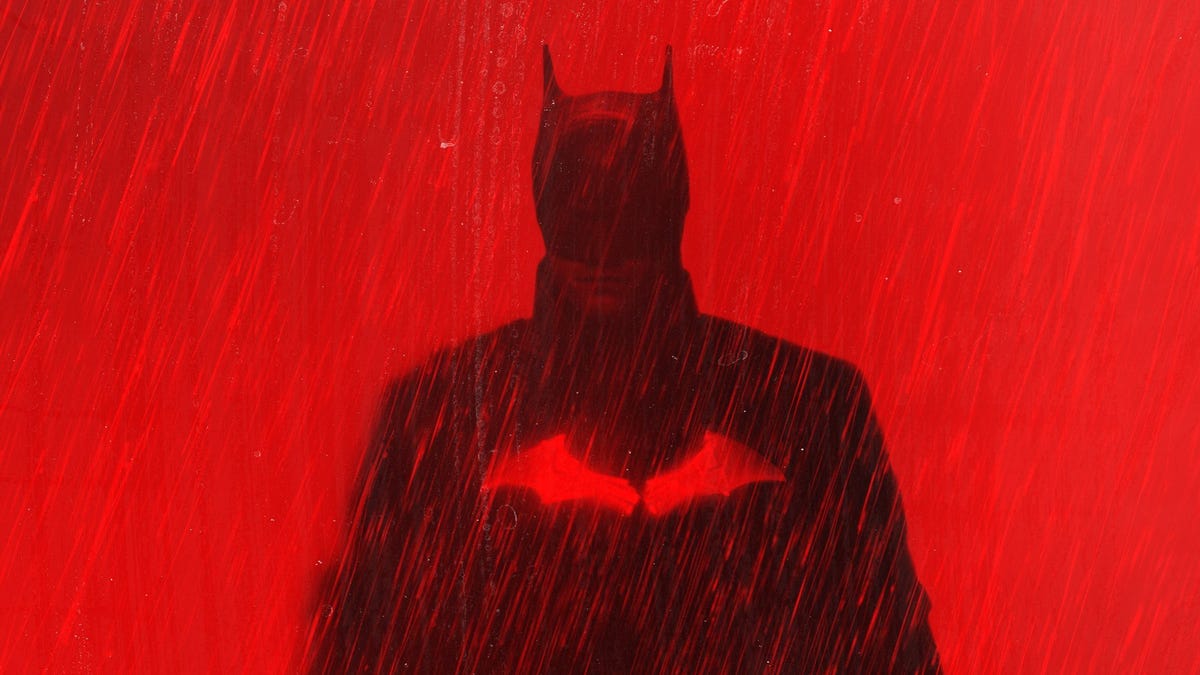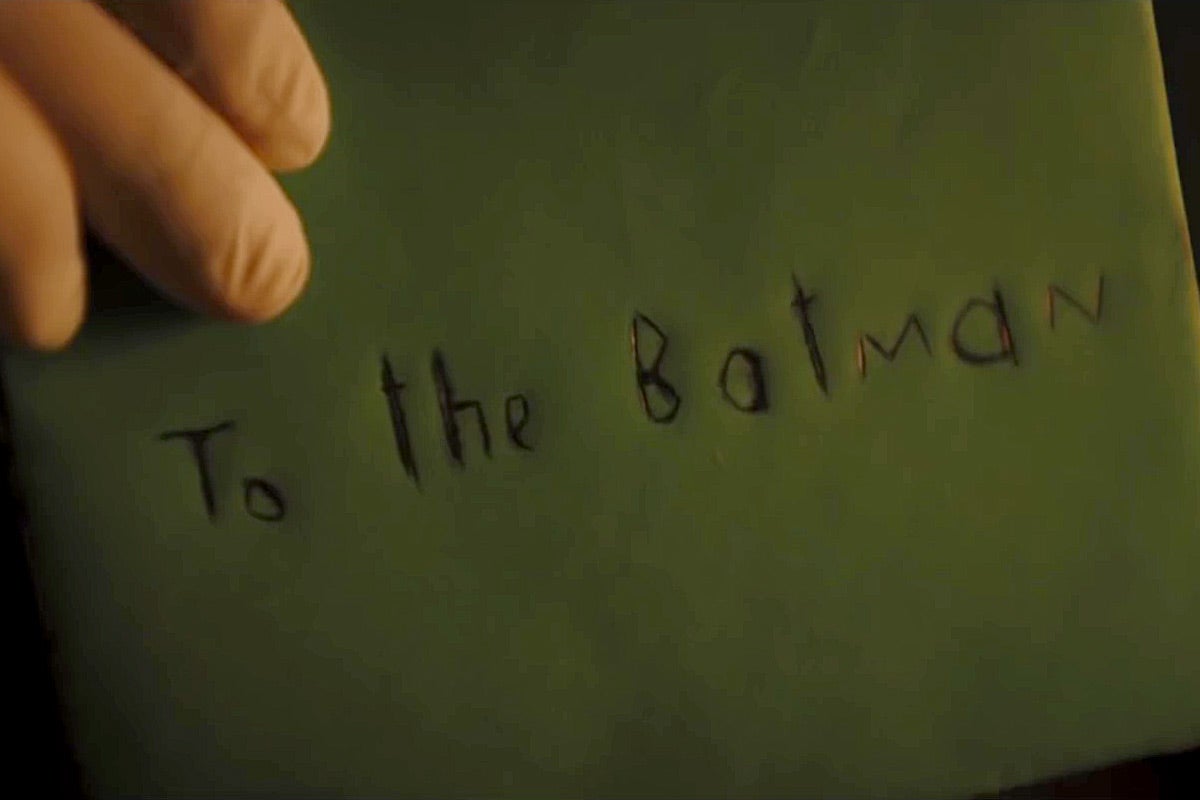
Per my last post, I discussed being a queer person of color in the LGBTQ+ community.
Now, I asked fellow members what it’s like being a person of color in the LGBTQ+ community. These amazing people filled out a Google form for their answers to some questions. Here are some of their answers.
Introducing:
Hock, 24, identifies as non-binary and bisexual, and uses they/she/he pronouns. Hock is white, Black, and Korean, and from Austin.
Michelle, 31, identifies as a cisgender Tex-Mexican, MoC [Masculine of Center] Lesbian woman. She uses she/her/ella pronouns. Michelle was born in Mexico City, raised in North Dallas, and now lives in Austin.
Cody, 30, uses the pronouns he/him/his. He was born and raised in Texas and has lived in multiple cities within the state.
Qasim, 30, identifies as a pansexual Palestinian, and uses they/them pronouns. They are originally from Amman, Jordan, and now live in Austin.
Michael-Lee, 27, identifies as pansexual Hispanic, and uses the pronouns he/they.
Share a little about yourself.
Hock: I have two dogs and a cat, am single, and working at a cafe.
Michelle: I’m a registered nurse at a non-profit outpatient sexual health and wellness clinic. I’m married to my beautiful wife Cassidy who I met in nursing school and we’ve been together about 5 years now. We own a dog named Zori after a lesbian’s mom on the show The Real L Word because they both have blonde hair. I love listening to music, I can do it for hours at a time. I love to shuffle through genres, explore music from other countries, and watch music videos and artist interviews on youtube. I grew up in a one child household with my mom but I am technically a middle child. My dad had 3 daughters, one White, one Mexican, and one Chinese. I talk to both of my sisters occasionally, but I am closest to my younger sister who is 16. My parents moved to the US when I was about 4 years old and they divorced when I was 5. I grew up in North Dallas with my Mom who is Mexican. My dad is White. My mom speaks English and we primarily talk in English. I speak fluent like 8th grade Spanish but English is easier for me.
Cody: I’m engaged, but basically married. My partner and I have been together for 9 years and we have 2 cats (Janos and Maeve).
Qasim: single. petless. a tester at a walk in sti testing clinic. took up running recently, and am spending more time at home than before. i don’t make enough money at work to cultivate a rich social life.
Michael-Lee: I have a monogamous relationship with a partner of 6 months who uses the pronouns, he/they, and identifies as bisexual. I have one cat who I’ve had for almost 2 years, named Korra. I live in a 2 bedroom apartment with my brother, who is 2 years younger than me, who is currently in flight school. I currently am a supervisor at a local non-profit STI clinic. I work with outreach and the walk-in clinic that does free HIV/STI testing and treatment. I graduated from UTSA in 2017 and began working in the field in 2018, I love it!
At what age did you come out? How was growing up from then for you?
Hock: I started questioning my gender identity before I questioned my sexuality, but used the term bisexual before I used the term nonbinary. I was 21 when I came out as bisexual, and a few months after that I came out as nonbinary. It’s been wild coming to terms with these identities, as the closet door was pretty thick. Growing up, my family and extended family was pretty homophobic, and I internalized that homophobia and any queer thoughts as just my mind being weak. After I distanced myself from family, I dealt with more and more internalized homophobia, and while that battle isn’t completely over, I’m the most at peace with myself I’ve ever been.
Michelle: I think I came out sophomore year of college, around 2012. It’s all a blurr. Growing up from then has been painful but ultimately things got better.
Cody: I came out the night before I went to college. I grew up in a very conservative Catholic household. My parents were out late at a dinner party that night with some friends and they got home late that night. I remember telling myself “If they kick me out, I’ll just get a few hours of a head start for college in the morning.” My friend Michael, who was the only other gay person I knew at the time, and the only person who knew about me, came and waited in the alley outside my backyard just in case things went sour. I sat them down at the dining room table and remember pacing back and forth telling myself to just spit it out, so I did. My mom was pretty quick to respond saying that I couldn’t be gay because of what the people at church would say, but my dad just looked me dead in the eye and said, “Well, you’re still my son and I still love you.” My mom went off asking questions for a bit, questions I couldn’t answer at the time because I didn’t know much of anything. I just didn’t want to live a lie anymore…a few minutes later my little sister came out of her room (she had been eavesdropping the whole time) and was just really excited that we could talk about boys together now. For the first two years of me being “out” was only to my immediate family because my mom didn’t want anyone else to know back home, but I began living as my authentic self at college with anyone new that I met. My mom eventually came around too.
Qasim: was always out but not at home, at least not officially. i came out to my family about both my sexuality and gender identity at the same time and it didn’t go well. i’ve done a lot of growth since and looking forward to more of it.
Michael-Lee: I came out in 2011 when I was 16. I met my first boyfriend who was also 16. We fell deeply in love and decided we didn’t want to hide our relationship so we came out together. I received positive responses from both my family and friends. Life was much better for me after I came out. I never really faced any hard homophobia besides the occasional shouted slur from straight men while being out with my friends. For many years I struggled with fully accepting my feminity and facing my internalized toxic masculinity but moving to Austin in 2020 and meeting the friends I did truly changed that. I finally feel the happiest I have ever felt in my life and I’m so grateful to have the family and friends that I do have.
What do you love about being a POC in the queer community?
Michelle: I feel like the queer community is more empathetic and caring towards people of color, like towards Mexicans, than non-queer people are. I feel like being in the queer community can feel safer and a place to find comfort and compassion when talking about struggles or racism of POC experience compared to many non-queer spaces. I also love being a POC in the queer community to relate to other POCs in the queer community, I love being able to talk about my experiences and life in two languages.
Cody: I love the diversity that we bring to the table. All different ethnicities and cultures and sharing in that, without feeling ashamed of where we come from.
Michael-Lee: I love the sense of community between us. We can all share related experiences and kiki and slay together. I have many POC friends from all different backgrounds, Latino, Black, Korean, Vietnamese, Pakistani, Indian, you name it. It’s so nice to be able to share such different cultures and still be able to relate in the identity of being queer. I honestly have hardly any white friends, I find it hard to relate to them. Possibly I hold grudges for the way many white queer people treated me when I first came onto the gay scene, most likely from how brown my skin is.
What do you wish was different?
Hock: I wish that white gays would stop being so racist and hateful to people they aren’t attracted to. Even when they are attracted, I’ve heard some not-so-great fetishistic stuff from white gay people.
Michelle: A couple things I wish was different about the queer community in general is 1) I’ve heard men on Grindr and other dating apps are outwardly racist and transphobic, and its common for people to say hurtful things when describing what they want and don’t want to match with. I wish that was different. 2) (and this may be my own insecurity about being masc) but I feel like gay men are not often friends with masc or butch women. I feel like gay men are better friends with femme people including femme lesbians and I wish that was different. Something else I do wish was different just in general was that I wish people outside the queer community could see how much variation and difference there is between all people within the queer community, including race/ethnicity. I wish people did not stereotype so much and that the queer community’s humanity and individualism was understood more.
Cody: I wish there was less hate within the community. We’re a marginalized group as it is – we don’t need to be fighting against each other.
Qasim: so much. most, i wish we healed together as community more often, at larger scales, louder conversations.
Do you think you’ve had a different experience as a POC than a non-POC in the queer community? Why or why not?
Hock: Yes, absolutely. I’ve had to figure out how to translate my coming out message to my Korean Harmony [Konglish for grandmother], and dealt with so many language and cultural barriers in that process. That is simply not the same experience for white gays who come out. Also, dealing with fetishization and desirability politics in the alphabet mafia can make me feel like a piece of meat sometimes, or at other points like I don’t belong.
Michael-Lee: I definitely believe so. Because while having to deal with the discrimination and prejudice for being queer, you also have added discriminations and prejudices that come with being POC. The POC and non-POC queer community experience is completely different.
Have you ever been discriminated against as a POC in the community? How?
Hock: Yes, fetishistic things have been said about my eye shape (as a mixed Korean), amongst some other unsavory experiences.
Cody: Being called a beaner or wetback on Grindr [a gay dating app] when someone asks you if you speak Spanish, fun times. There’s plenty of other things, but you get the gist, right?
Michael-Lee: Plenty of micro-aggressions. Being followed around in stores. When I was 18 and officially out and fresh on the scene, I had a best friend originally born in Spain, who was completely white passing, being a twink with blonde hair, blue eyes. I was also twinky but very much brown latino, dark hair and eyes. It was very obvious the difference we received from the community, especially when I would visit him in Austin and we’d go out together. They’d ask him to preform in the “strip off” at Rain but wouldn’t even take a glance at me. White gays would come up and talk to him and completely ignore me or be passive aggressive towards me when I’d attempt to engage with them too.
How is your support system? (family, friends, peers, etc.)
Hock: My friends are amazing, and I love them all so much. A decent number of my friends in DC and NYC are queer, and it was very nice to find a community of people with similar experiences. While my Austin friend group is filled with more straight and cisgender people, they also hold me down better than any community I’ve built elsewhere.
Michelle: Great support system. My mom and my wife are my rock. I also have best friends and close cousins I can count on for support.
Cody: Honestly there are some great people in my life that I feel I can go to anytime I’m dealing with something rough. It’s not always sunshine and rainbows, but I just try to take things one day at a time.
Qasim: not really, i don’t go out to places where i interact with that many people.
Michael-Lee: My family, friends, and peers are amazing. I have always received unconditional love and support from them, immediately after I came out.
Do you have any POC queer icons that inspire you (famous or not)?
Hock: Yes, Taimak/Bruce Leroy from The Last Dragon. The man is not queer, but he was my first queer crush (back when the closet doors were shut and thick as hell). It was wild to see a Blasian-ish man on screen that dealt with so many gender identity issues, and while the film is heteronormative, a lot of the problems I dealt with as a youth were summed up in that movie.
Michelle: Zaya Wade, Kehlani, Frida Kahlo, Ryan Russell, my friends Joe and Ryan, Dawer X Damper, Snow the Product, Marsha P Johson and Sylvia Rivera, James Baldwin.
Cody: Hayley Kiyoko and I know I’ll probably get “canceled” for this answer, but Demi Lovato too. As far as someone non-famous I’d have to say my co-worker Eric is a queer icon. You can tell when you meet him that he just lives his life so authentically and unapologetically. He is genuinely kind and can brighten anyone’s day.
Qasim: she was a dancer at the kitkat bar in downtown amman.
Michael-Lee: Many many that work in the HIV/STI field. Many of the new transgender actresses on the scene, Laverne Cox, Michaela Rodriguez, Dominique Jackson, Angelica Ross. Omar Apollo being one of the first Latino queer artists for the current youth generation.
What would you say to other LGBTQ+ POC (especially youths) that are having a difficult time fitting in the community?
Hock: I’d just say find your community. You’re not gonna fit into THE community, because it’s a myth that there is one overarching LGBTQ community. There’s not even an ove arching QPoC community, so why try to fit in when you just might not have found your community? Maybe you even need to build that community for yourself. Everyone deserves community, though, and everyone deserves love. If you can’t find love in the community you claim, you need a new community.
Michelle: I’d tell them: Keep your head up, it hurts now but you are strong enough to get through it and your struggle will make you resilient and compassionate. Continue to be kind and treat others how they want to be treated and continue to live your truth. That would be true success.
Cody: Hang on, and know that you are loved – even when you feel alone. There is a whole world out there waiting for you to be every color that you are. One day you’ll realize that the things that made you “different” growing up are what makes you so, so special.
Qasim: if you’re not fitting in, ask yourself what shape are you forcing yourself to be and if where you are trying to fit in, fits you comfortably in the first place.
Michael-Lee: You. Are. Beautiful. Despite what many mainstream queer content portrays. Find people that you can relate with. Being queer is a beautiful experience and you’re not alone. There’s so many different people in our community, good people, and some amazing experiences waiting for you out there. Don’t let a couple of bad experiences turn you off from learning and engaging with our queer community. The sooner you can let go of the fear of being yourself and living to your fullest unapologetic self, the sooner you can truly be happy.









 I know the map may seem overwhelming, but I assure you the show takes its time in developing its world, slowly immersing you into The Seven Kingdoms and the world of Game of Thrones, with amazing world-building.
I know the map may seem overwhelming, but I assure you the show takes its time in developing its world, slowly immersing you into The Seven Kingdoms and the world of Game of Thrones, with amazing world-building.









